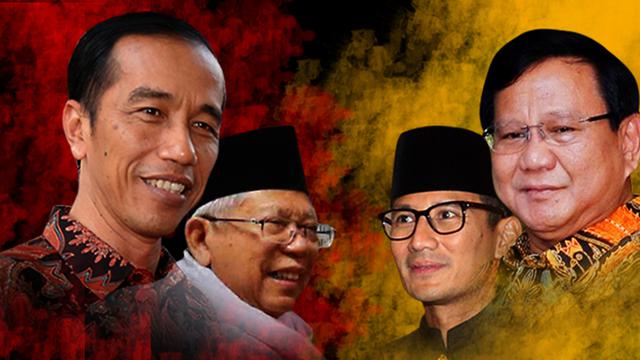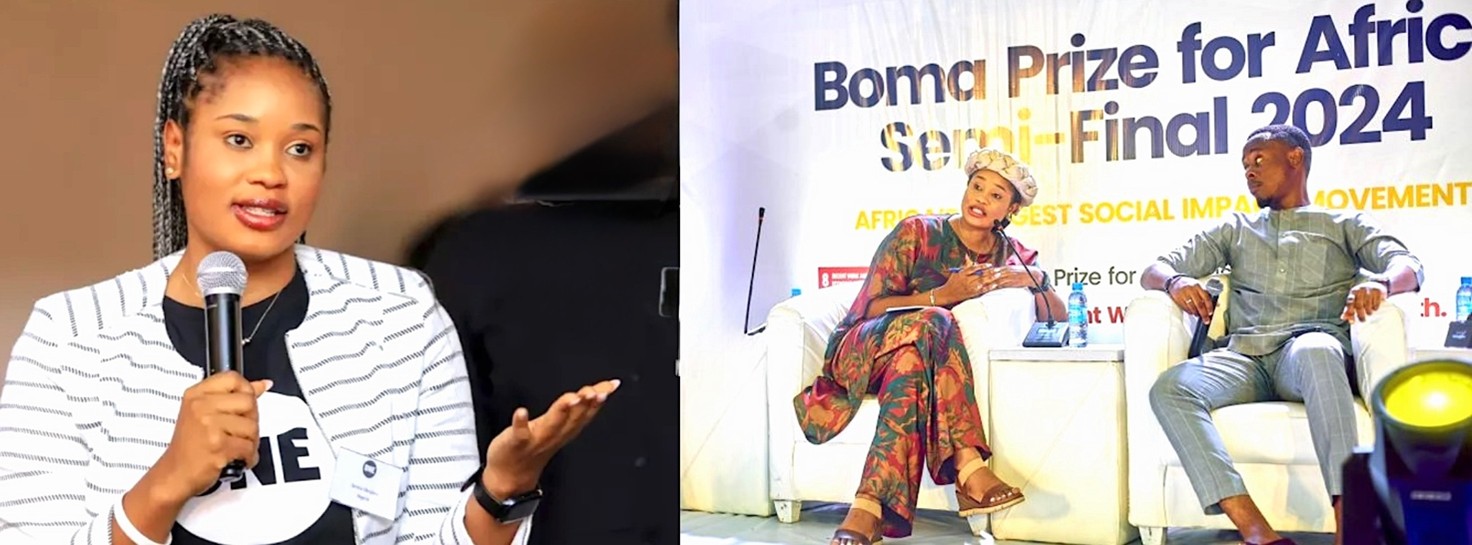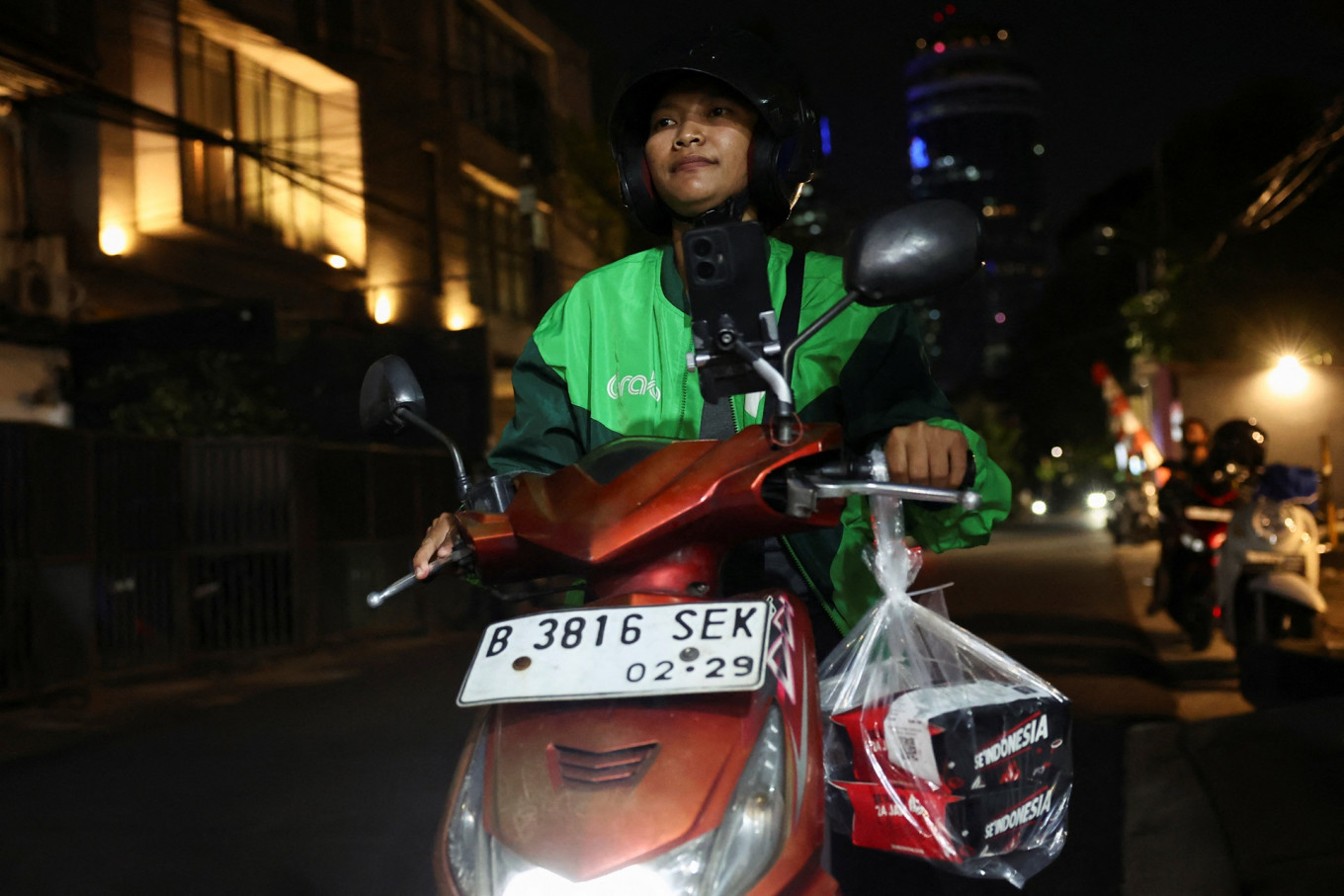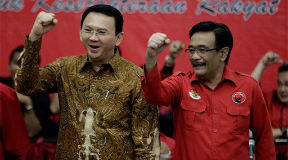
Today, August 10, 2018, the final line-up of presidential candidates, and the party coalitions that come with it, have finally been announced. President Joko “Jokowi” Widodo has picked Ma’ruf Amin as his VP candidate, while Prabowo Subianto has chosen Sandiaga Uno as his running mate. This result has caught many by surprise and is perhaps felt as an anti-climax as both camps were left wanting. Jokowi and Prabowo’s choices are perceived as being overly careful, pragmatic and compromising. The following are our key takeaways of this development in the run-up to next year’s presidential elections.
Ma’ruf Amin and the bolstering of muslim groups as a political power in Indonesia
Joko Widodo was previously branded as being too distant from Islamic interests, in the most part because he did not accommodate prominent Muslim clerics in his coalition. This has proved to be costly to Jokowi with the most damaging consequence seen in the Jakarta Gubernatorial elections last year. Since then, Jokowi has been more open to Islamic groups and understood that an alliance with them is crucial. From an electoral perspective, Jokowi also needs to be perceived as friendlier to Islam and prevent his opponents to capitalize on religious issues during the presidential campaign. For this reason, it was predicted that Jokowi would choose a running mate with considerable Islamic credentials. Nevertheless, the last-ditch appointment of Ma’ruf Amin was a surprising move. Ma’ruf Amin is a prominent Islamic cleric with strong influences within Islamic groups. However, he is perhaps seen as too conservative when compared to other VP candidate options, such as Mahfud MD. Ma’ruf Amin’s central role in the events that led to the imprisonment of Basuki Tjahaja Purnama (Ahok) for blasphemy is of particular note. Jokowi’s pragmatism with this choice shows that Muslim clerics and Islam is a political power to consider.
Beyond electoral politics, Jokowi might have to accommodate socially conservative Islamic perspectives in his policy making, especially on social and religious issues. Halal regulations, Islamic finance, and the revitalization of traditional Islamic boarding school (pesantren), to cite a few, might be included in the priority agenda of the next government. Ma’ruf Amin has already stated that the next government will allocate more budget to support Islamic education.
Democratic Party (Demokrat) loses big
Demokrat and Susilo Bambang Yudhoyono’s camp are the biggest losers in this coalition saga. Having made an agreement with Prabowo two weeks ago, Demokrat was (overly) confident that Agus Harimurti Yudhoyono will be appointed as Prabowo’s running mate despite disagreements from PAN and PKS. Indeed, Demokrat and Gerindra have enough seats to nominate a presidential candidate without the support from other parties. Furthermore, it was reported that Demokrat can provide campaign financing, something that PKS and PAN cannot match. The last-minute appearance of Sandiaga Uno, however, suddenly tilts the situation in Demokrat’s disfavor. This development has left Demokrat with no other options than to play along with Gerindra and Prabowo.
Sandiaga Uno, the dark horse, financier and a compromise figure
Although the swift process of Sandiaga’s appointment caught many people off-guard, Sandiaga is a compromise figure for Gerindra, PKS, and PAN with the financial potency to boot. Prabowo not wanting to form a coalition with Demokrat without the support of his other allies PAN and PKS was facing a difficult dilemma. Sandiaga Uno emerged as an acceptable name and solution in the middle of a tough negotiation process among Gerindra’s coalition parties. It is also rumored that Sandiaga brought with him substantial campaign financing for all the coalition parties, something that they cannot afford to refuse.
An anti-climax for supporters bases on both candidates
The final line-up of presidential campaign contenders has been anticlimactic and puzzling for both Jokowi and Prabowo supporters as nobody got what they expected. When Mahfud MD announced that he was approached by Jokowi to be the candidate for vice president, many Jokowi supporters, in majority from a moderate background, gave a warm welcome and support. The former constitutional judge, closely associated with the Nahdlatul Ulama (NU) community, was deemed as an ideal candidate that can unite both the religious and secular voters. The atmosphere, however, turned to sour as Ma’ruf Amin eventually was the chosen one. The disappointment was also shared by progressive leaning Muslims and NU members.
Prabowo’s decision to pick Sandiaga Uno was also seen as a disappointment by religious voters who previously have voiced support for the possibility of clerics such as Abdul Somad and Salim Segaf al-Jufri as potential running mates. The collapse of the deal between Gerindra and Demokrat was also lamented by Prabowo’s voters who previously have thrown support to Susilo Bambang Yudhoyono’s 10-year administration. Sandiaga is seen by religious voters as lacking religious credential and is considered by SBY sympathizers as lacking electability to win presidential election.
A “softer” campaign can be expected next year
On a more positive note, it can be expected that the presidential campaign will be less polarizing than the previous one in 2014 or Jakarta’s gubernatorial elections in 2017. Black campaigns and hoaxes highlighting racial and religious issues will probably be less potent and effective as vote-getting strategy this time around. Jokowi and Prabowo have accommodated Islam in each of their camps and none of them can claim to be more progressive than the other, so campaign teams are unlikely to utilize this approach. Campaign issues will probably remain around economic issues, social and welfare programs.
PROFILES OF VICE-PRESIDENT CANDIDATES
Sandiaga Salahuddin Uno
 Sandiaga Uno, son of Henk and Mien Uno, was, until his appointment as candidate, Vice-Governor of Jakarta. He is also the Vice-Chairman of Gerindra Party’s Board of Advisors, but Prabowo has asked him to leave the party so that he can run as an independent. Prior to his public position as Vice-Governor, along with Edwin Suryadjaya, Sandiaga was the co-founder and CEO of PT Saratoga Investama Sedaya, an investment company which mainly operates in the field of mining, telecommunication, and forestry. In 2016, he was named as among the top 50 richest people in Indonesia according to Globe Asia with an estimated net worth of USD 830 million.
Sandiaga Uno, son of Henk and Mien Uno, was, until his appointment as candidate, Vice-Governor of Jakarta. He is also the Vice-Chairman of Gerindra Party’s Board of Advisors, but Prabowo has asked him to leave the party so that he can run as an independent. Prior to his public position as Vice-Governor, along with Edwin Suryadjaya, Sandiaga was the co-founder and CEO of PT Saratoga Investama Sedaya, an investment company which mainly operates in the field of mining, telecommunication, and forestry. In 2016, he was named as among the top 50 richest people in Indonesia according to Globe Asia with an estimated net worth of USD 830 million.
Ma’ruf Amin
 Ma’ruf Amin is a prominent Islamic cleric from NU with vast experience in holding government positions. He started his career as a legislator in Regional Legislative Council (DPRD) of DKI Jakarta from PPP in 1971 until he founded National Awakening Party (PKB) with Gus Dur in 1998. He has been also active in Indonesian Ulema Council (MUI) and Presidential Advisory Board (Wantimpres) during Susilo Bambang Yudhoyono’s (SBY) administration between 2007-2014.
Ma’ruf Amin is a prominent Islamic cleric from NU with vast experience in holding government positions. He started his career as a legislator in Regional Legislative Council (DPRD) of DKI Jakarta from PPP in 1971 until he founded National Awakening Party (PKB) with Gus Dur in 1998. He has been also active in Indonesian Ulema Council (MUI) and Presidential Advisory Board (Wantimpres) during Susilo Bambang Yudhoyono’s (SBY) administration between 2007-2014.
Despite his NU background, Ma’ruf Amin has strong tendencies toward Islamic conservative groups. During his tenure as member of the Presidential Advisory Board (Wantimpres), Ma’ruf Amin was one of the initiators for the banning of Ahmadiyah. As the current chairman of MUI, Ma’ruf Amin played crucial role in the success of 212 Islamic movement of toppling Basuki Tjahaja Purnama from the top job in Jakarta Province in the 2017 gubernatorial election.*
Get your complete copy here.



